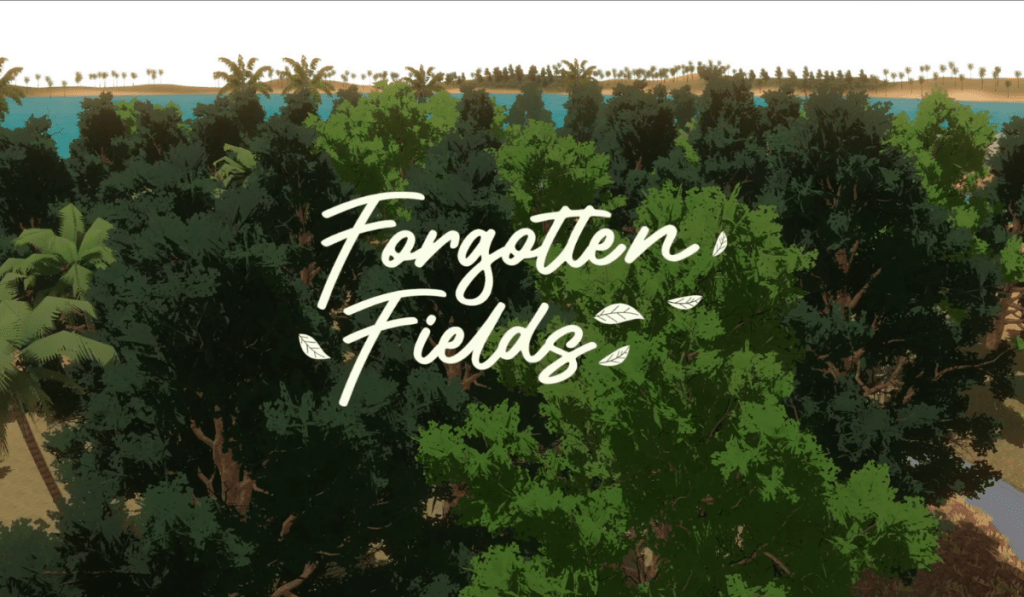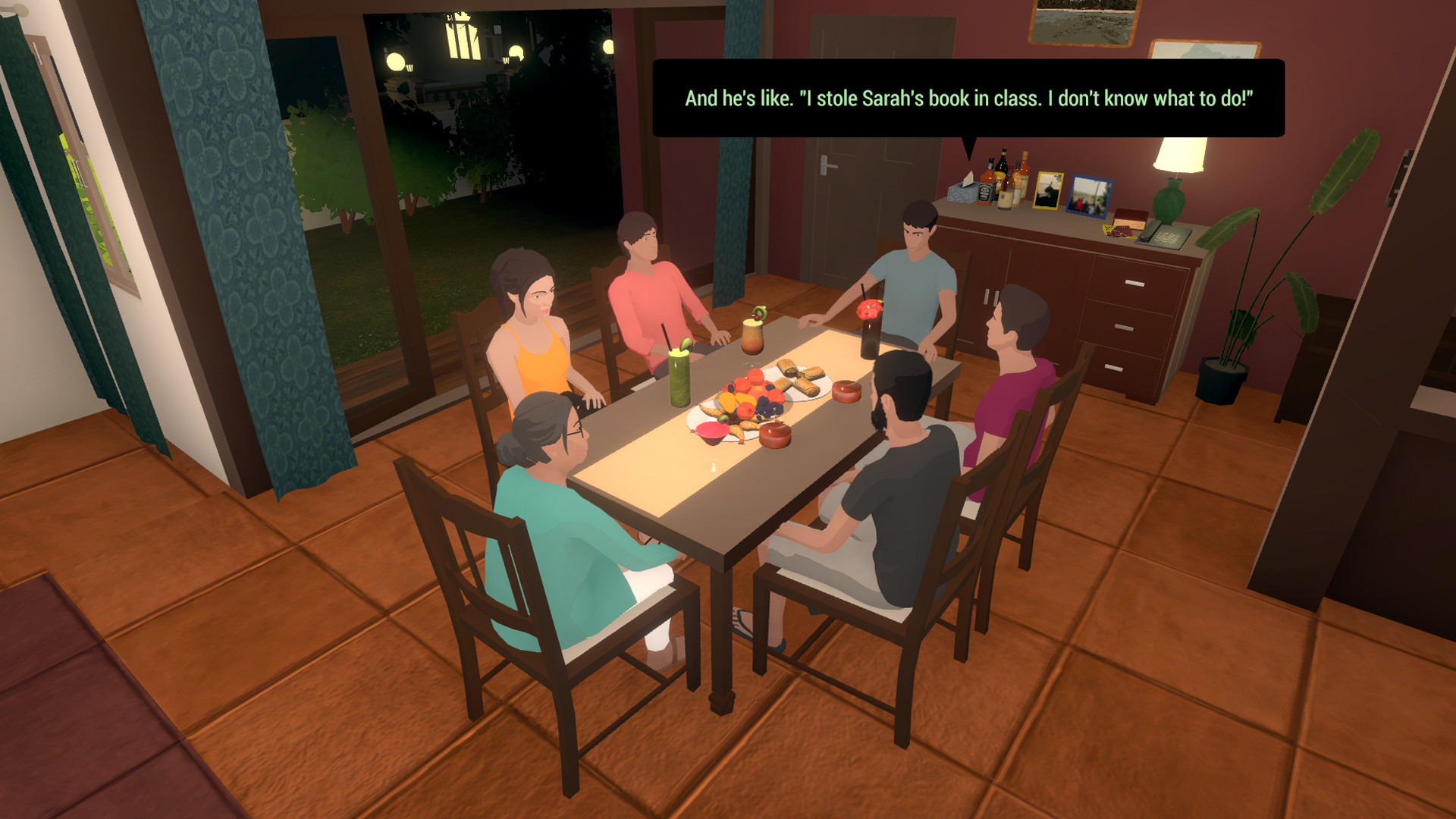


It's possible I'm a unique case as I'm the type to go "get over it", and with a psychology background I tend to read characters a lot more easily and can tell if they're complaining for the sake of complaining or because it's an actual issue, but even when we're all feeling down, it doesn't make much sense to me to immediately dismiss the following day as "worst day ever" for events that occurred on the day(s) prior, so his dull and monotonous attitude towards everything as he goes back to the home he grew up in before it's sold irked me fairly quickly. While this isn't the case with Forgotten Fields and the game is rather modest and relatable in its approach to tell a story and try to get you somewhat emotionally invested and relaxed, more often than not a lot of dialogue exchanges felt like filler or were simply not interesting, especially as the main character, Sid, himself has no real motivation to keep going, so his unenthused personality, while understandable, just makes it feel like more of a chore and one where I kept rolling my eyes as I played. To me, this was a fairly big disappointment as I'm someone who loves walking sims and games that aim to make you think whether profoundly or simply for inner reflection, but I do have my limitations into how much I can handle from a walking sim, especially when some start to exude a sort of pretentious nature that it completely ruins the experience entirely. Forgotten Fields also presents itself in a minimalistic and sort of "flat" tone that focuses more on a humble use of bright colors versus busy scenes and details to make your eyes and yourself more relaxed as you play through it, and it carries itself well with a nice enough aesthetic that its message and journey isn't necessarily lost, though the slow and sometimes tedious nature of its narrative and gameplay tend to get in the way more often than not.

Forgotten Fields enters the fray as another one of these experiences looking to be relatable and be emotionally driven through the eyes of an author trying to find his footing in life, and really pushes the agenda of wanting to be slow and cozy, and while there are neat ideas put into place of a rather somber experience, the emphasis on its slow nature tends to hinder the pacing to the point where the coziness of it becomes exhausting and puts me to sleep rather than illicit any sort of fun or interest into the events that unfold.įorgotten Fields has a lot about what I like about art pieces in any medium that delve into the matter of life, how we live and perceive it, and the ups and downs that come along with it.

From choose your own adventure games to the walking sims that are equal parts profound, fun, and memorable, games like Firewatch, Gone Home, State of Mind, What Remains of Edith Finch, Virginia, Event and more all bring their own unique narrative while having very little in the way of any sort of death mechanic, leaving players to freely explore and play at their own leisure and typically involving some sort of captivating premise that tends to latch onto you, with proper pacing and length that, next thing you know, you've beaten the game in one sitting. The beauty of walking simulators is that they can come in all sorts of shapes and forms, and even disguise themselves as other games and even vice-versa depending on how the material is marketed and presented.


 0 kommentar(er)
0 kommentar(er)
